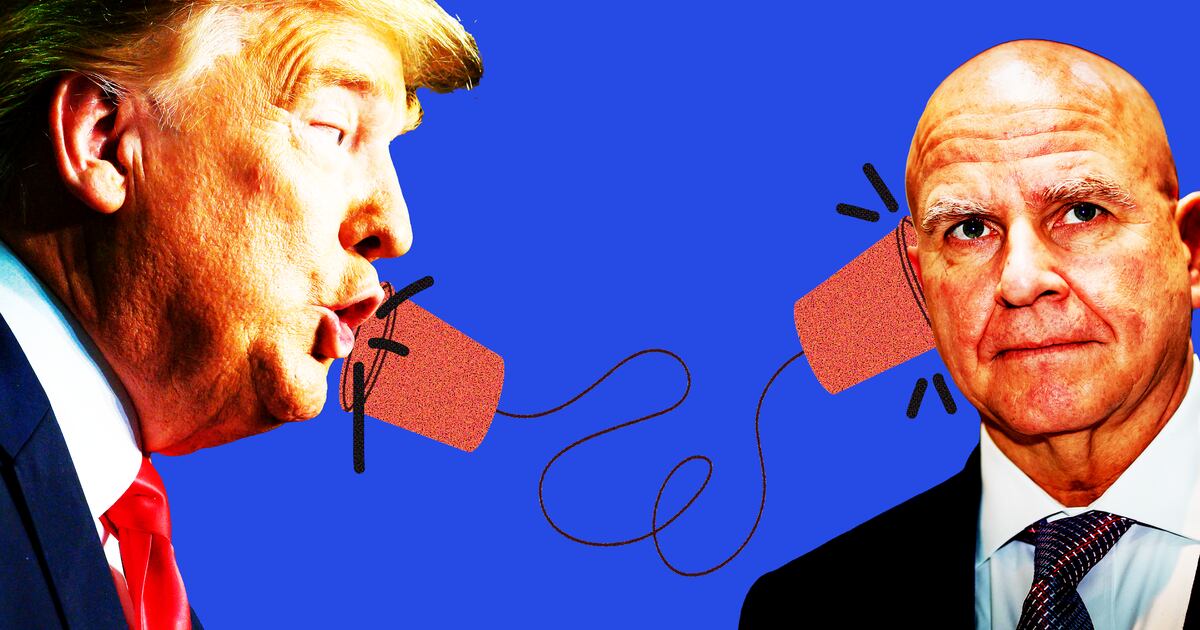
Edward Brooke, the first popularly elected black U.S. senator, receives a Congressional Gold Medal on Wednesday. In a February interview with The Daily Beast, Brooke weighed in on the Republican Party’s new black chairman, Obama’s tack to the center, and why he felt like Barack could be his son. Avlon is the author of Wingnuts: How the Lunatic Fringe Is Hijacking America.
It's been an historic opening to '09—we inaugurated our first African-American president and then the Republican Party followed suit by electing their first black party chairman, former Maryland Lt. Governor Michael Steele.
Breakthroughs do not happen in a vacuum—they are the result of early pioneers pushing old boundaries, making the case for change. And while many civil rights leaders have gotten their rightful recognition as American heroes, there is one who has been largely unsung—and yet his political achievements led directly to this day.
That man is Ed Brooke—the first African American popularly elected to the U.S. Senate. A Massachusetts Republican (yes, you read that right), Brooke was elected the state's Attorney General in 1962—when Barack Obama was one year old—and served two terms in the Senate, from 1967 to 1979.
“It just made me so proud,” Brooke said of Obama’s election, “as if he were my son and the son of a lot people around this world."
Now approaching 90 years old, the trailblazer lives most of the year in Miami with his wife Anne (who he describes as "the best decision I ever made in my life") and has been battling ill health ("I'm not kicking high, but I'm kicking"). Brooke does not give many interviews these days, but I got him on the phone to discuss the historic changes in our politics and the road ahead for Republicans.
On January 20th, Ed Brooke was at home. "I sat there glued to the television—put the phone off the hook so I wouldn't be disturbed. I did not want to miss a word or a tone or a movement in the whole inaugural process. I was tearful but I was joyful. I was saying 'it's happened, it's happened, my God it's happened.' And it just made me so proud, as if he were my son and the son of a lot people around this world."
In some ways, Barack Obama could be Ed Brooke's son—not just as the inheritor of his trailblazing, but also in his political temperament as a confident bridge-builder. Presaging Obama's pivotal win in 98 percent white Iowa, Brooke won in the 98 percent white (and overwhelmingly Democratic) Massachusetts of 1962. "On a much smaller scale, I went into factories full of Democrats who had never voted for a Republican in Massachusetts," explains Brooke. "But you have to take your message into what seems like your opposition, not just your allies—and he learned that lesson well. He went in fearlessly, and said 'I'm Barack Obama and I'm running for president.'"
Brooke also sees a kindred spirit in Obama's so-far-thwarted efforts to reach across the aisle. "When most presidents get in, they move to the center because they realize that this is a centrist country—even Reagan. Everything Obama is saying is centrism. And that's to his credit because that's the only way he's going to govern successfully."
In one of the great "What-Ifs" of American history, Ed Brooke had an outside chance to become the nation's first black president back in 1974. He had been suggested as a possible replacement for Nixon's Vice-President Spiro Agnew in the 1972 campaign, in which Nixon won every state except Massachusetts (where Brooke was re-elected by a 62-34 margin). Had that advice been taken, he would have ascended to the presidency upon Nixon's resignation.
But Brooke had even then been an outspoken critic of conservatives' courtship of southern segregationists ("not just morally wrong, but politically wrong") describing such votes as "fools' gold" in his 1966 book, The Challenge of Change. "In my state the Republican Party was the most progressive party," Brooke explains. "They were the ones integrating the National Guard."
The partisan racial divide has only deepened since Brooke's time, but the Party of Lincoln took a strong step toward recognizing the problem last night when it elected Michael Steele its first African-American chairman, after 155 years and six ballots (and against the deadline of a wedding reception booked for the same hotel ballroom at 6:30pm).
“I always believed there would be an African-American president. It was something I’d dreamed about, thought about, but certainly did not believe would happen in my lifetime,” says Brooke. “But I had no reason to believe that there would be an African-American elected chairman of the Republican Party. In fact, I thought the party was going backwards and not forward in its recruitment and ability to attract African-Americans to the Republican Party or as candidates for office. So this major step forward and I applaud it. They made an excellent choice in Michael Steele—he’s intelligent and articulate and held high elective office—and he’s been a loyal Republican.”
“But if the desire or hope was that it would generate more African-American or Hispanic votes for the GOP, well it’s a good step in the right direction but its not going to get the job done… Not if he's going to carry on the same programs and political philosophy that presently controls the Republican Party. I think that alone won't be a change that is sufficient to have masses of African-Americans or all those young people come into the Republican Party. They've got to do more than that, or it risks being seen as mostly cosmetic.”
Some debates go on forever, but Ed Brooke has lived to see the end one of the most bitter and divisive debates of the 1960s—whether the militant Black Power movement or progress through political means represented the best route to racial reconciliation. The battle lines were drawn at the height of the 1967 summer riots, when then Senator Brooke met Black Power leader H. Rap Brown in an isolated basement in Harlem.
"You're not black," said H. Rap Brown, echoing an ugly attack later leveled at both Barack Obama and Michael Steele. "You are not one of us. In the Senate, you are part of the white establishment. You are what's wrong with America."
"I think that what we need is to be part of the system and change it for the betterment of our people," Brooke responded, recounting the conversation in his 2007 memoir Bridging the Divide. "What's wrong with being in the U.S. Senate? That's where the power is...And what is power but the ability to change the basic conditions of life? Intemperance and intolerance serve no one, and hatred guarantees failure."
Pioneers and prophets are by definition ahead of their time, and so it's heartening when one lives to see history vindicate their vision. Ed Brooke is still not as popularly celebrated as the protestors of the 1960s, but he was the other side of the equation in the civil rights struggles—and the doors he first opened are what Barack Obama and Michael Steele have walked through today.
John P. Avlon is the author of Independent Nation: How Centrists Can Change American Politics. Avlon also served as director of speechwriting and deputy director of policy for Rudolph Giuliani's presidential campaign, and previously served as chief speechwriter and deputy communications director for Mayor Rudolph Giuliani.





